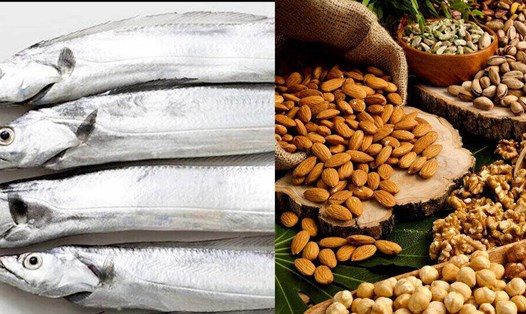Cabbage is rich in nutrients such as calcium, phosphorus, potassium, iron and contains vitamin K, which complement each other and contribute to bone health. In addition to blood clotting, vitamin K is also associated with bone growth. Vitamin K can help the body absorb vitamin D and calcium, which are indispensable nutrients to prevent osteoporosis.
Cabbage is rich in potassium and low in sodium, which is beneficial for the cardiovascular system and can easily make people happy. This vegetable can also inhibit bacteria and reduce inflammation, and has good ulcer treatment effects and can speed up wound healing.
At the same time, this vegetable supports weight loss thanks to its rich fiber content, low in calories, which helps reduce appetite. Cabbage is also a member of the mustard family, and is rich in antioxidants, vitamins, inhibitory compounds and cleans up carcinogens.
Regarding how to eat cabbage to retain nutrients, you should not cut it too thin before cooking. Try to use the method of stir-frying quickly, boiling, pan-frying... Avoid boiling for a long time because it will cause loss of nutrients.




